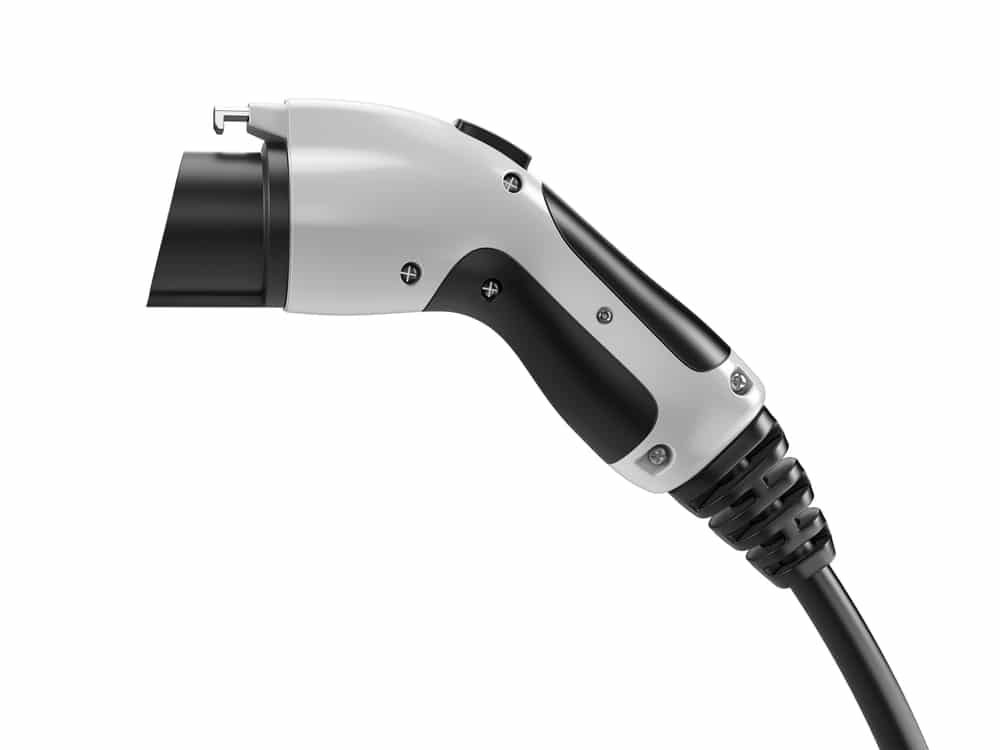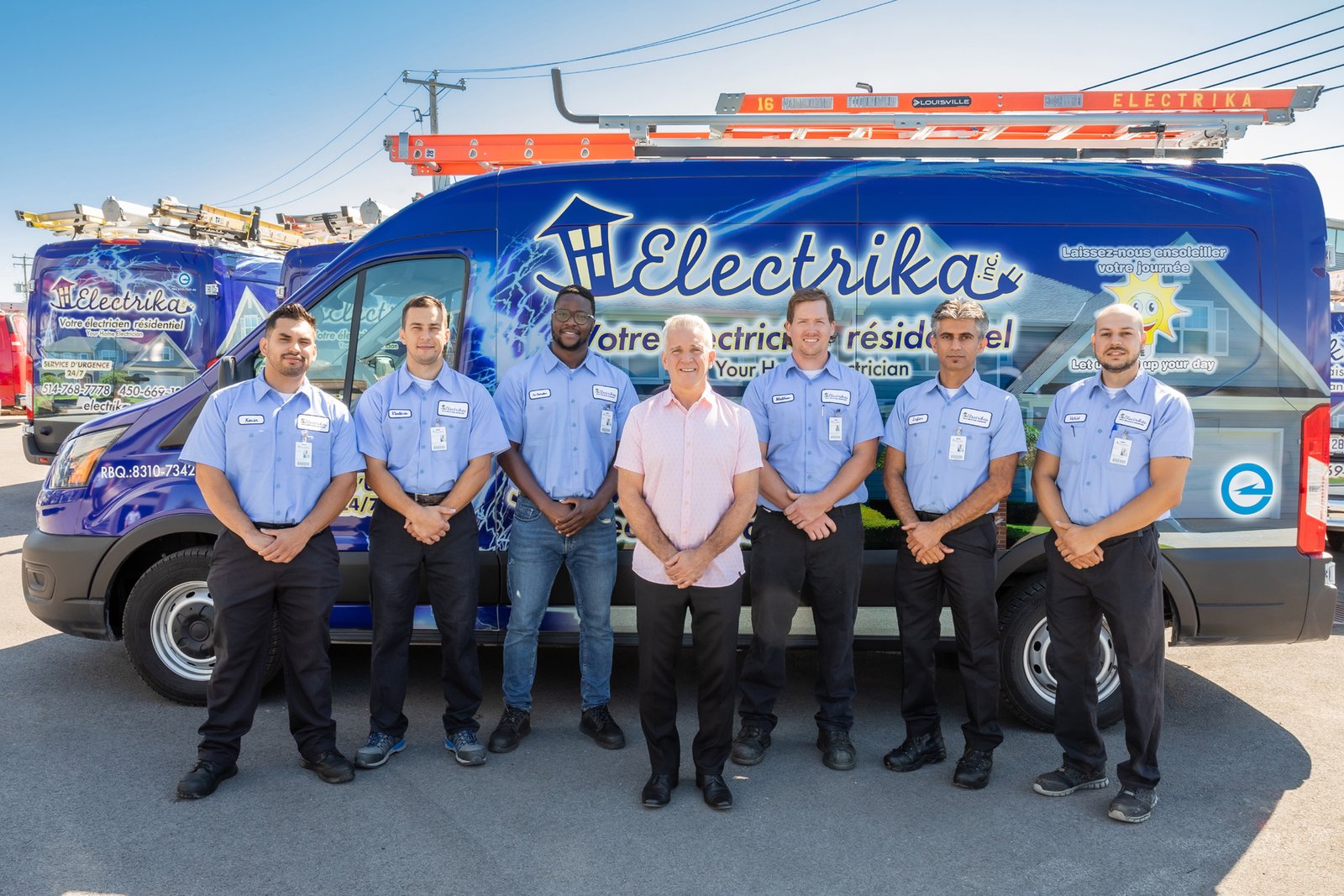Choosing an EV Charger
You bought the car and now you need the charger! Here are some tips to make the installation of the charger faster and easier:

Calculate the load
Find out if your electrical system at home supports the addition of a car charger. Car chargers require power. Lots of it. They take a similar amount of power as your stove but, unlike stoves, car chargers use full power as soon as they are plugged in. This can “stress” your electrical system or worse, overload it.To prevent this from happening, have your electrician do a load calculation to confirm the power that your home consumes and ensure you have enough to accommodate your charger.
Ensure you have space in your electrical panel
Once you have confirmed that you have the capacity for power, confirm that you have the space. If your electrical panel is full or it’s an older model, then it may need to changed. If it is a newer panel space may be able to be made depending on brand. An electrician will be able to tell you after a quick inspection of your panel. Once you have verified and confirmed that your home has the capacity and the space, the rest of these steps are easy!
Choose the type of charger
There are three types: Level 1, Level 2 & Fast Chargers (also known as Level 3)
Level 1
Level 1 is at 120V and is the simplest way to charge up at your home because it plugs into a 120 Volt regular outlet but can take up to 20 hours to charge the battery to full charge.
- Charges 8 km per hour
- Takes 12 to 20 hours to fully charge a battery EV (6 to 12 hours for a plug-in hybrid)
- Used mostly in homes
Level 2
Level 2 is 240V charger and has to be professionally installed but is much more convenient with faster charging times, up to five times faster than a Level 1.
- Charges 30 km per hour
- Takes 6 to 14 hours to fully charge a battery EV (4 to 8 hours for a plug-in hybrid)
- Used in homes, businesses, and common areas
Fast Chargers
Fast Chargers (also known as Level 3)
- Uses a direct current connection to an electrical system
- Charges 100 km per 30 minutes or 80% charge at 50 kW (varies by vehicle type)
- Takes 1 to 4 hours to fully charge a battery EV (15 minutes to 3 hours for a plug-in hybrid)
- Used mostly in businesses and common areas
Choose the right brand of charger
If you purchase a Tesla, You need to buy the High Powered Wall connector charger from Tesla. It will give you the most options for charging. For most other cars you can purchase any brand of charger you choose. We currently use and recommend the Flo. www.flo.ca Here’s why:
● Flo is a Canadian company
● The charger looks sleek and attractive
● They provide two options:one with wireless connectivity, one without
● The are designed for our climate -40 to 50 C
● They come with a 3 year Warranty
● 25ft cable
Plan your charger location
Some of our past homeowners have assumed that this is the easy part. However,often the location that the homeowner chooses does not make sense electrically which results in longer, more expensive, runs to get power from the electrical panel to charger. It is important to consider both the location of the charger in relation to plugging it into the car and getting power to it from the home.
Research your rebates and incentives
For the latest information about rebates in Quebec. Visit this government webpage:
Knowing what rebates are available to you before you install your charger can help inform your budget.
Choose the right electrician
Ensuring the right electrical contractor completes the work in your home will help ensure a trouble free installation. Here’s what to look for:
● RBQ number: This is a contractor’s license and is required to have for any electrician that works in your home.
● Corporation of Master Electricians: Electrical contractor has to be a member to work in your home.
● General Liability: Insure your electrical contractor has it. Your home and your car are an investment and need to be protected
● Written warranties: Minimum 1 year (but preferably 3 years) no-questions-asked-warranty. If it breaks, they will repair it or replace it.

Before you have your charger installed, take these seven tips into into consideration to make your new installation fast and easy!
